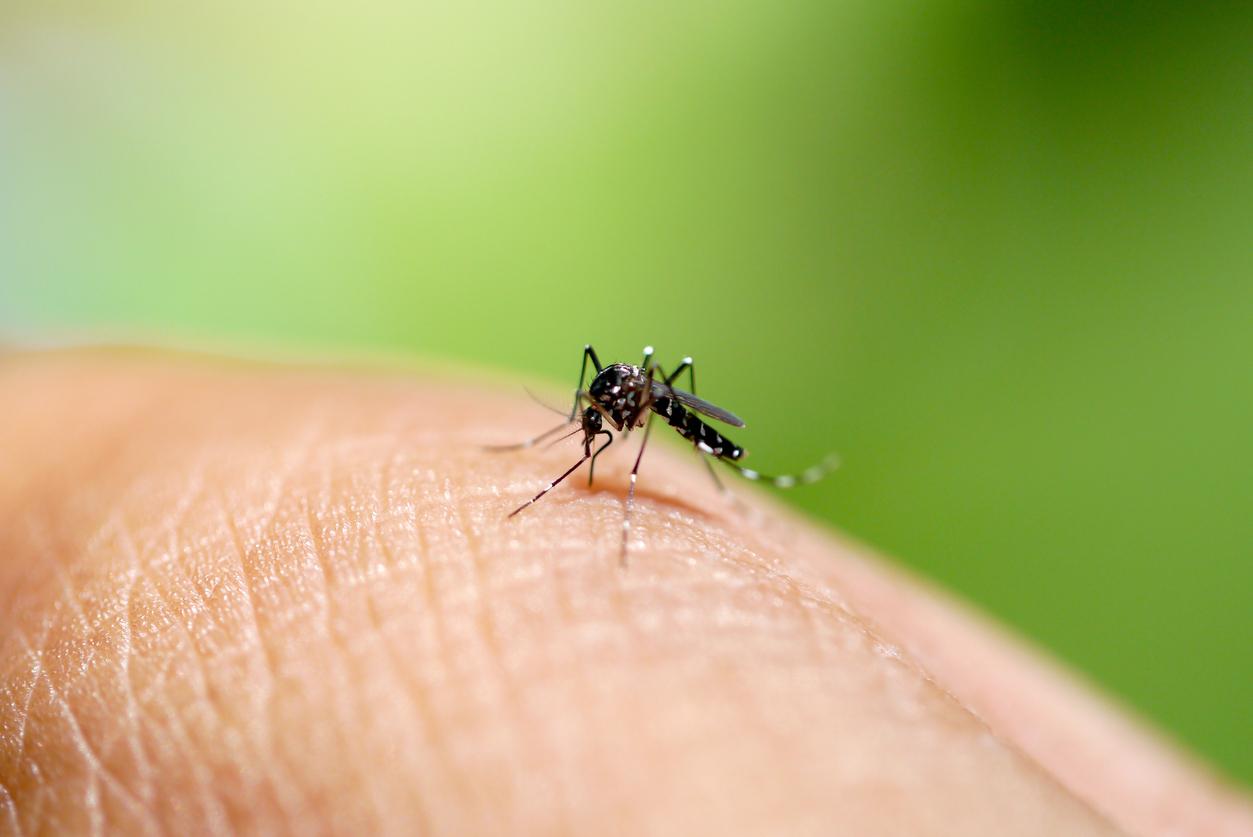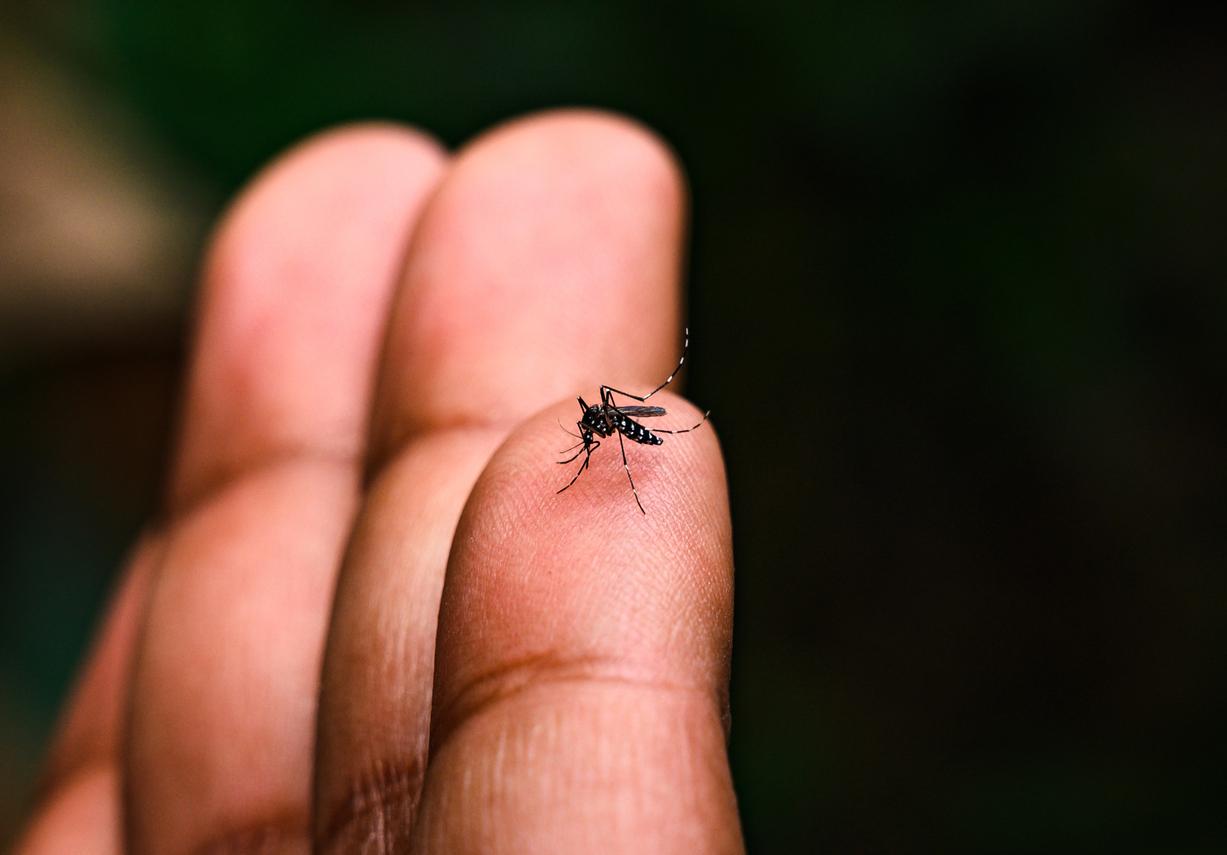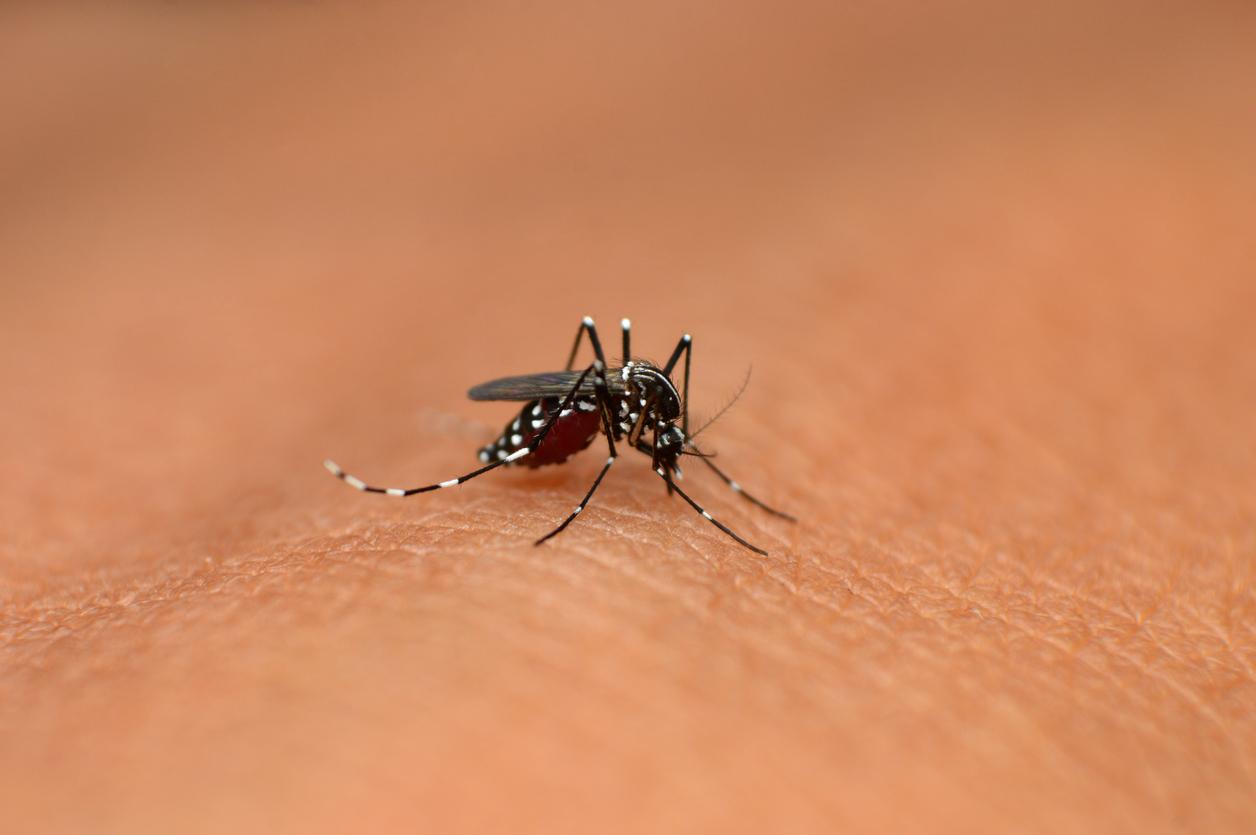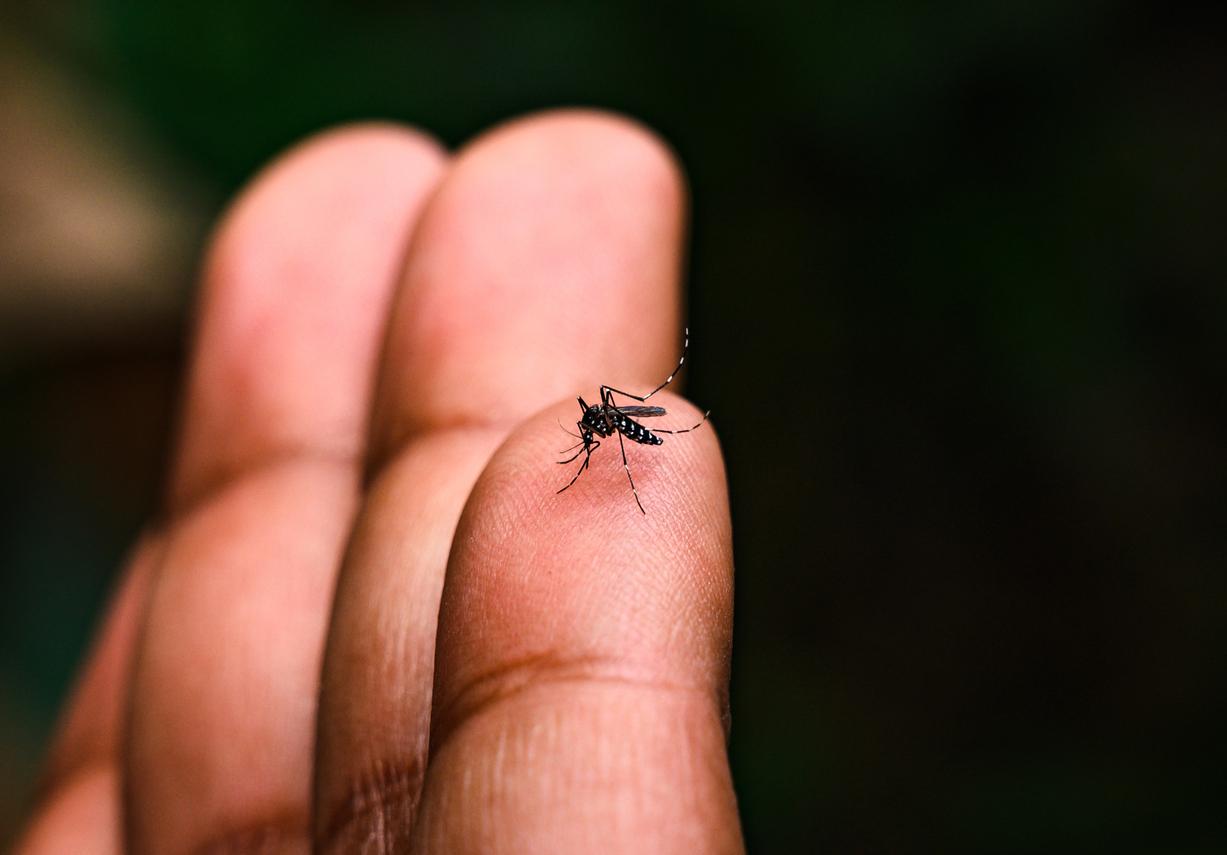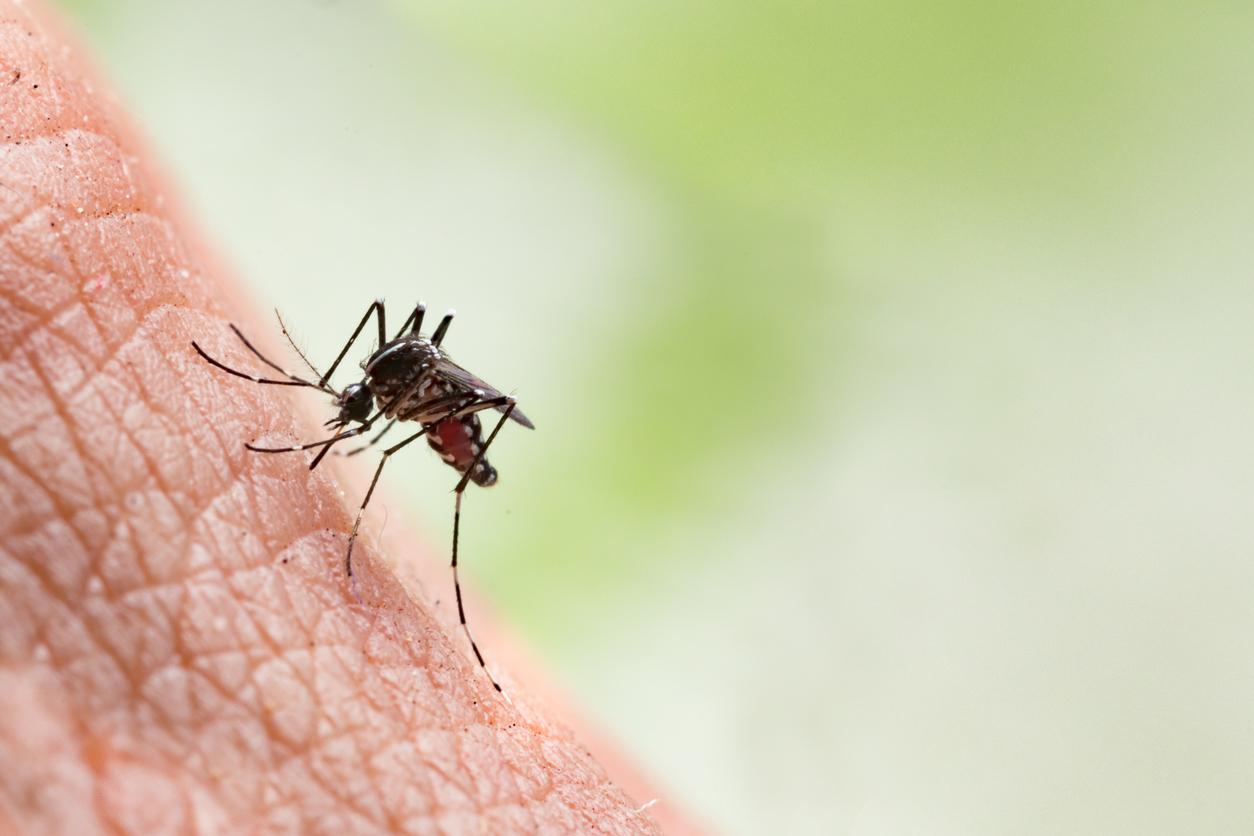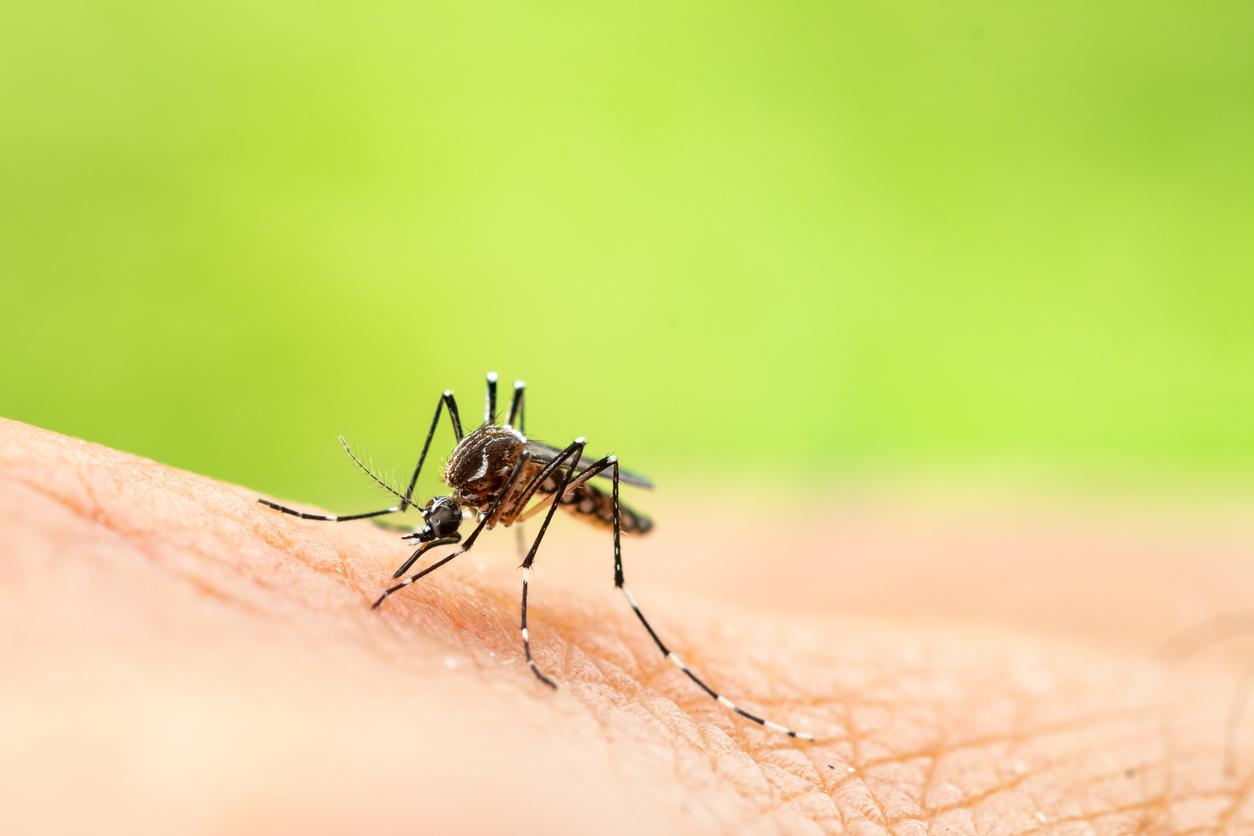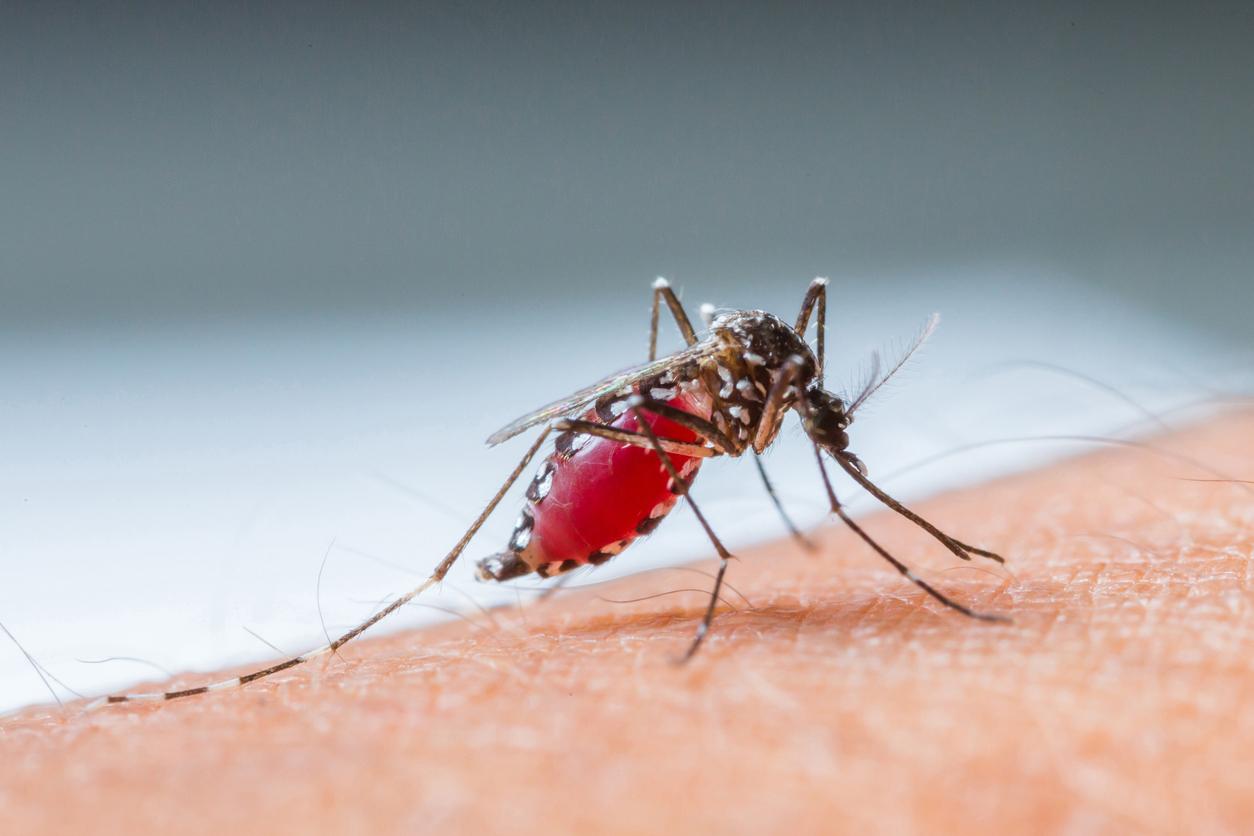An inhabitant of Corsica returning from vacation from Guadeloupe is suspected of having contracted the Chikungunya or Dengue virus. Local authorities are redoubling their vigilance.

Red alert in Corsica: an inhabitant of Bastia who has just returned from a trip to the West Indies may have been infected by the Chikingunya or Dengue virus. The presence of the tiger mosquito, which transmits these viruses, on the Isle of Beauty since June has prompted local authorities to remain vigilant and to redouble their effectiveness in hunting mosquitoes.
Preventive mosquito control was carried out on Friday July 25, when the case of the inhabitant of Bastia was detected. Concretely, in the areas of residence of the suspearrigione case), the agents of the General Council of Haute-Corse sprayed mosquito repellent. The case of constamination will only be confirmed in 7 days but in the meantime, the authorities have therefore preferred to take all precautions. “We are in a fairly hot and stormy summer period. And thunderstorms make it possible to fill the sites affected by this kind of mosquito with water,” said François Césari, the anti-vector coordinator for the General Council of Haute- Corsica.
Alert throughout France
Recognizable by the stripes that streak its abdomen and legs, from which it takes its name, the tiger mosquito is the subject of close surveillance in France. Indeed, this mosquito vector of dengue and Chikungunya, continues to progress on French territory. Currently, 70 French departments are placed under surveillance, with different levels of alert. In 18 departments in the south of France as well as in Corsica, the alert is red, meaning that mosquitoes are implanted and active. “All signals are on alert in the heart of the summer season,” indicates a publication of the Weekly Epidemiological Bulletin (BEH) of the Institute for Sanitary Surveillance (InVS) on Thursday, July 24.
Recomendations
On its website, the Ministry of Health and Social Affairs recalls the recommendations for protecting yourself from mosquito bites: wear long and covering clothing and protect the feet and ankles, impregnate the clothing with insecticides, for enhanced protection and in the long term, apply or spray skin repellants on all exposed parts of the body, including the face (the application must be repeated frequently and at least 30 minutes after sun products).
The Chikungunya virus, which has been circulating since December 2013 throughout the Caribbean, has already affected 115,000 people in the West Indies, killing 39 people.
.







